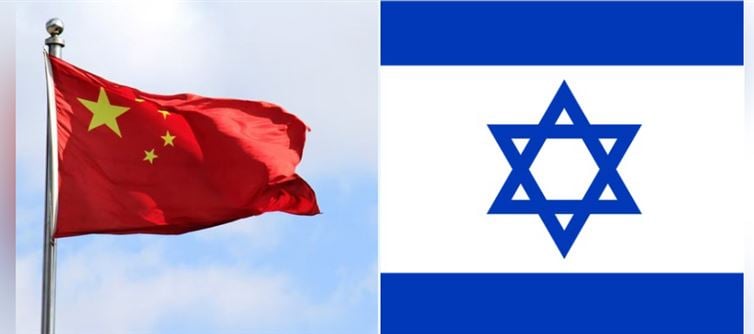
This development follows a string of military escalations, including Israeli strikes on Iranian-linked targets and retaliatory drone and missile attacks. The situation has put foreign nationals, including Chinese citizens, at increased risk, especially as regional proxies and militant groups become more active. Though israel has not declared a state of emergency for foreign residents, the Chinese advisory suggests a heightened level of concern, particularly for areas near conflict zones or regions that could become targets in a wider confrontation. The recommendation to use land crossings instead of air travel may also reflect worries about potential disruptions to international flights or threats to airspace security.
However, it’s worth noting that not all countries have followed suit with similar evacuation advisories, leading some analysts to interpret China’s move as precautionary rather than alarmist. It may also reflect Beijing's strategic calculus—prioritizing the safety of its nationals while preparing for potential diplomatic fallout. Additionally, China's growing presence in the Middle East, both economically and diplomatically, means that it must carefully manage its standing with all parties involved. The advisory serves as both a protective measure and a subtle signal of the seriousness with which china views the unfolding crisis, as it seeks to avoid entanglement while safeguarding its citizens abroad.




 click and follow Indiaherald WhatsApp channel
click and follow Indiaherald WhatsApp channel